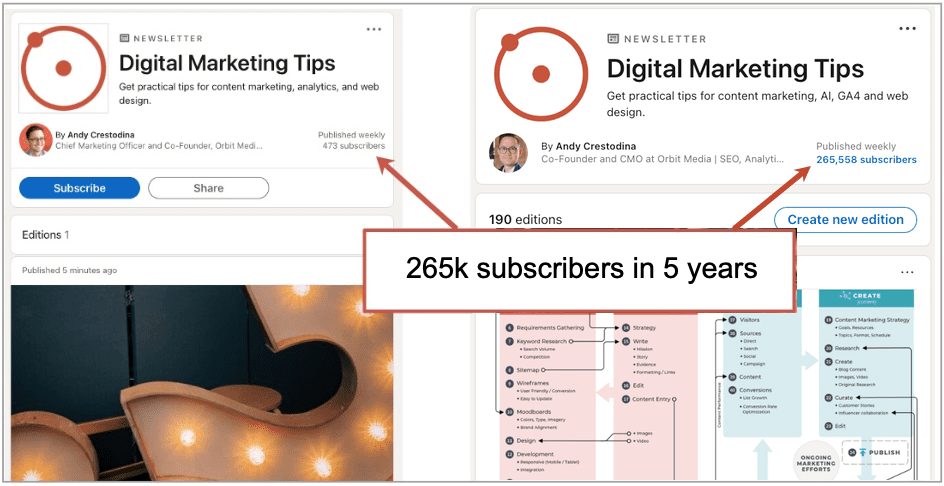More people are taking their Social Security benefits early. Should you?
While the talk about the future of Social Security might be part of the political white noise to people just entering the workforce, for people at the other end, it’s becoming an existential crisis. As the Social Security Administration greatly reduces its staff and changes benefit claims requirements, there has been a growing fear that the safety net for seniors could be about to vanish or be considerably weakened. (Those fears escalated in February, when Elon Musk described Social Security as a “Ponzi scheme” to podcaster Joe Rogan.) While Donald Trump has vowed not to reduce benefits, his push to cut government spending has raised concerns he could revise that promise. That’s leading a growing number of people to begin claiming benefits earlier than planned. The number of pending Social Security claims for retirement, survivor, and health insurance benefits was 580,887 in March, according to a report in The Wall Street Journal. That’s notably higher than the 500,527 who filed in 2023. The number of calls to the agency since the beginning of October has been 19% higher than they were a year ago. And traffic to the website is higher as well. A March Gallup poll found that more than 75% of Americans worried about the fate of Social Security either a great or fair deal. If you, a parent, or a friend are nearing the point in which taking your Social Security benefits early is an option, here are a few things to keep in mind. Is Social Security in danger of being eliminated? There has been no talk from the Trump administration about doing away with Social Security—and Trump has said he will not cut benefits. That said, current projections have the Social Security Trust Funds, which are used to pay current benefits, running out of money in 2041. Should that happen, it won’t mean benefits will disappear, however. A study by the Social Security Trustees found the agency would still be able to pay 83% of scheduled benefits from incoming payrolls should the funds be depleted. The study looked as far ahead as 2098, when it said the SSA would still be able to cover 73% of scheduled benefits if the funds are depleted as early as 2035. How early can I claim Social Security benefits? The earliest you can claim retirement benefits from the Social Security Administration is the age of 62. You can start the application process for that up to four months in advance. Can I continue to work while claiming Social Security benefits? You can, but that complicates things. You’ll face an earnings limit—and if you exceed that, it will impact your benefit amount. If you are under full retirement age, the SSA deducts $1 from your benefit payments for every $2 you earn above the annual limit. Early claims also lower that number. The earnings limit for people who have not reached their “full retirement age” (which varies depending on the year you were born) in 2025 is $23,400. But the earnings limit for people reaching full retirement age in 2025 is $62,160. How much does claiming Social Security benefits early impact what I receive? It really comes down to how early you decide to claim benefits. While you can file for those at 62, doing so will reduce your benefit to 70% of the maximum amount. Waiting a year takes that up to 75%. And if you wait until 64, you can get 80% of the benefit. If you hold out until the age of 67 you will get the full benefit. (Waiting until 70 yields even greater benefits for most people, unlocking a “delayed retirement” credit, which could be as much as 16% higher than the amount you would have received at 67.) To put that in real world dollar amounts: If you retire at age 67 in 2025, your maximum benefit would be $4,018 a month. However, if you retire at age 62, your maximum benefit would be $2,831 a month. (People who wait until 70 would see a maximum benefit of $5,108 a month.) Does claiming Social Security benefits early impact future cost-of-living adjustments? It does. Taking your Social Security benefits early means you will get lower cost-of-living adjustments to your Social Security payments in subsequent years. Those are calculated each year to help adjust SSA payments for inflation. Can I change my mind after I begin collecting benefits? You can, but you don’t have a big window to do so. You can withdraw your original application within 12 months of the date of your first payment, but you can only do that one time. If you do that, you will be responsible for returning every dollar you received in that time as well. What’s the impact on my spouse if I claim Social Security benefits early? Spouses can receive benefits based on their partner’s retirement benefit, generally 50%. But if you claim your benefits early, that not only reduces the size of your monthly check, but also that of your spouse by between 30% and 35%. Given all the downsides, when should someone claim Social Security benefits early? The SSA, in a March 28 meeting

While the talk about the future of Social Security might be part of the political white noise to people just entering the workforce, for people at the other end, it’s becoming an existential crisis.
As the Social Security Administration greatly reduces its staff and changes benefit claims requirements, there has been a growing fear that the safety net for seniors could be about to vanish or be considerably weakened. (Those fears escalated in February, when Elon Musk described Social Security as a “Ponzi scheme” to podcaster Joe Rogan.) While Donald Trump has vowed not to reduce benefits, his push to cut government spending has raised concerns he could revise that promise.
That’s leading a growing number of people to begin claiming benefits earlier than planned. The number of pending Social Security claims for retirement, survivor, and health insurance benefits was 580,887 in March, according to a report in The Wall Street Journal. That’s notably higher than the 500,527 who filed in 2023.
The number of calls to the agency since the beginning of October has been 19% higher than they were a year ago. And traffic to the website is higher as well. A March Gallup poll found that more than 75% of Americans worried about the fate of Social Security either a great or fair deal.
If you, a parent, or a friend are nearing the point in which taking your Social Security benefits early is an option, here are a few things to keep in mind.
Is Social Security in danger of being eliminated?
There has been no talk from the Trump administration about doing away with Social Security—and Trump has said he will not cut benefits. That said, current projections have the Social Security Trust Funds, which are used to pay current benefits, running out of money in 2041.
Should that happen, it won’t mean benefits will disappear, however. A study by the Social Security Trustees found the agency would still be able to pay 83% of scheduled benefits from incoming payrolls should the funds be depleted. The study looked as far ahead as 2098, when it said the SSA would still be able to cover 73% of scheduled benefits if the funds are depleted as early as 2035.
How early can I claim Social Security benefits?
The earliest you can claim retirement benefits from the Social Security Administration is the age of 62. You can start the application process for that up to four months in advance.
Can I continue to work while claiming Social Security benefits?
You can, but that complicates things. You’ll face an earnings limit—and if you exceed that, it will impact your benefit amount. If you are under full retirement age, the SSA deducts $1 from your benefit payments for every $2 you earn above the annual limit.
Early claims also lower that number. The earnings limit for people who have not reached their “full retirement age” (which varies depending on the year you were born) in 2025 is $23,400. But the earnings limit for people reaching full retirement age in 2025 is $62,160.
How much does claiming Social Security benefits early impact what I receive?
It really comes down to how early you decide to claim benefits. While you can file for those at 62, doing so will reduce your benefit to 70% of the maximum amount. Waiting a year takes that up to 75%. And if you wait until 64, you can get 80% of the benefit. If you hold out until the age of 67 you will get the full benefit. (Waiting until 70 yields even greater benefits for most people, unlocking a “delayed retirement” credit, which could be as much as 16% higher than the amount you would have received at 67.)
To put that in real world dollar amounts: If you retire at age 67 in 2025, your maximum benefit would be $4,018 a month. However, if you retire at age 62, your maximum benefit would be $2,831 a month. (People who wait until 70 would see a maximum benefit of $5,108 a month.)
Does claiming Social Security benefits early impact future cost-of-living adjustments?
It does. Taking your Social Security benefits early means you will get lower cost-of-living adjustments to your Social Security payments in subsequent years. Those are calculated each year to help adjust SSA payments for inflation.
Can I change my mind after I begin collecting benefits?
You can, but you don’t have a big window to do so. You can withdraw your original application within 12 months of the date of your first payment, but you can only do that one time. If you do that, you will be responsible for returning every dollar you received in that time as well.
What’s the impact on my spouse if I claim Social Security benefits early?
Spouses can receive benefits based on their partner’s retirement benefit, generally 50%. But if you claim your benefits early, that not only reduces the size of your monthly check, but also that of your spouse by between 30% and 35%.
Given all the downsides, when should someone claim Social Security benefits early?
The SSA, in a March 28 meeting, said, “Fearmongering has driven people to claim benefits earlier,” The Wall Street Journal reports. There are, however, some legitimate reasons to claim benefits early. If, for example, someone is in poor health, the income from Social Security can go a long way to offset medical expenses. And if you’re in a dual-income family and you’re the lower wage earner, claiming early while your spouse waits to file could be a strategic choice that gets Social Security income flowing into your house, with more to come a few years later.














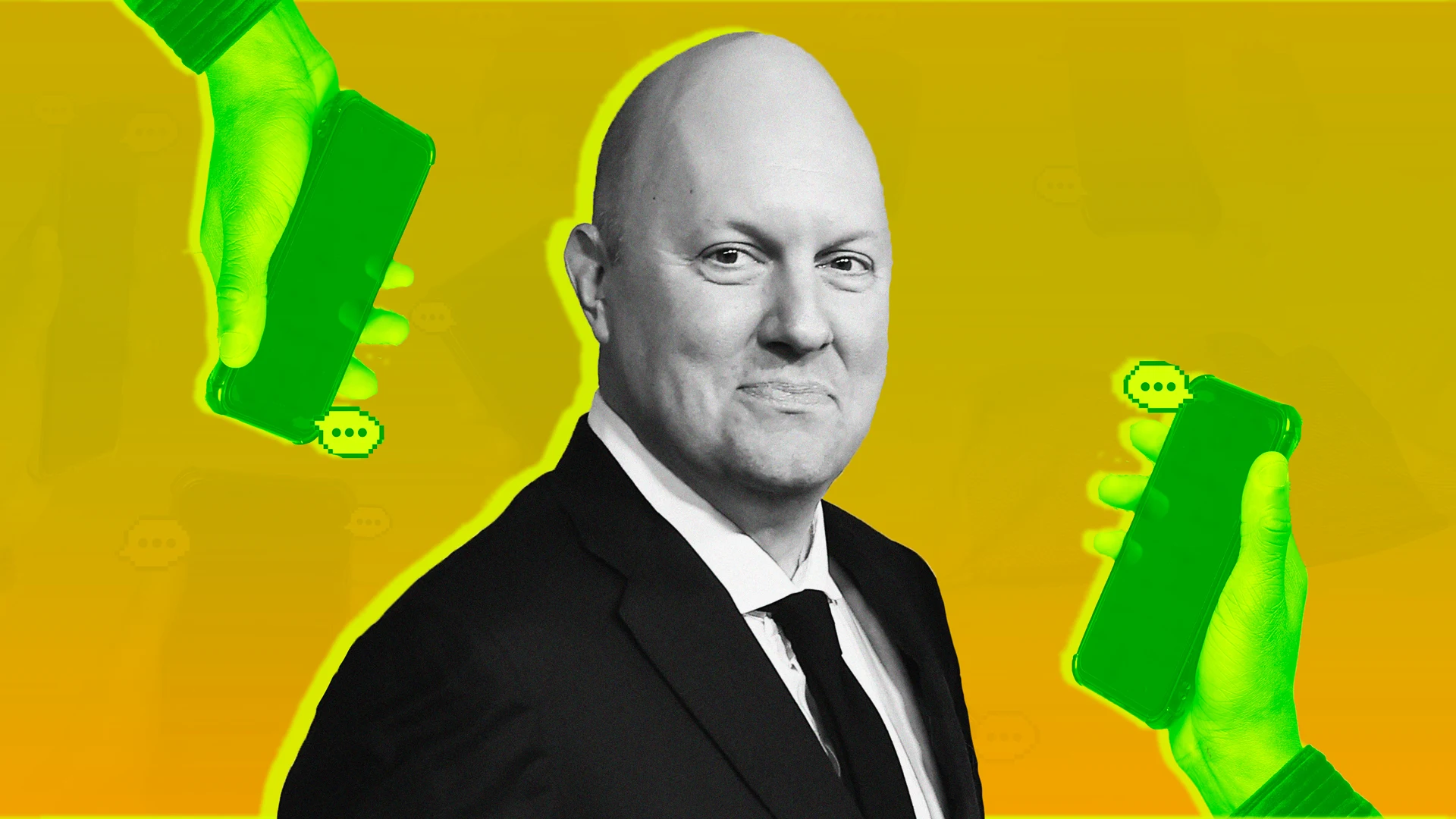









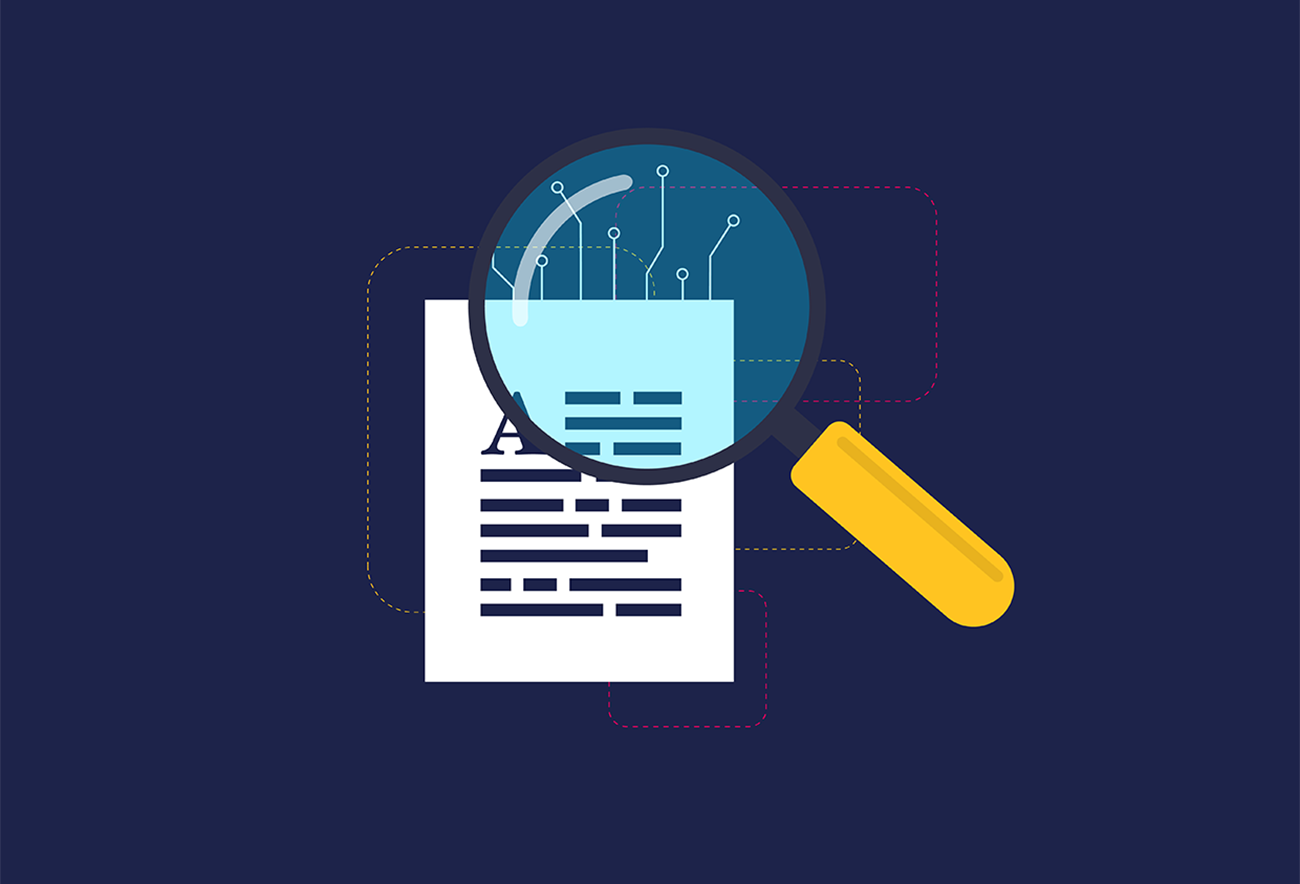













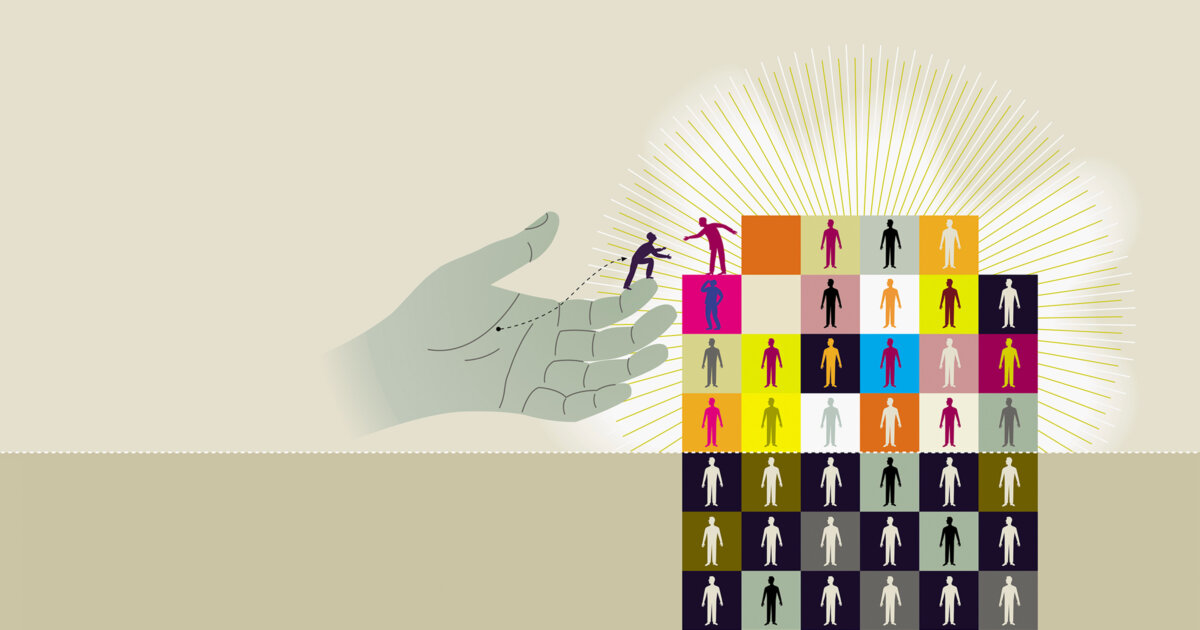



























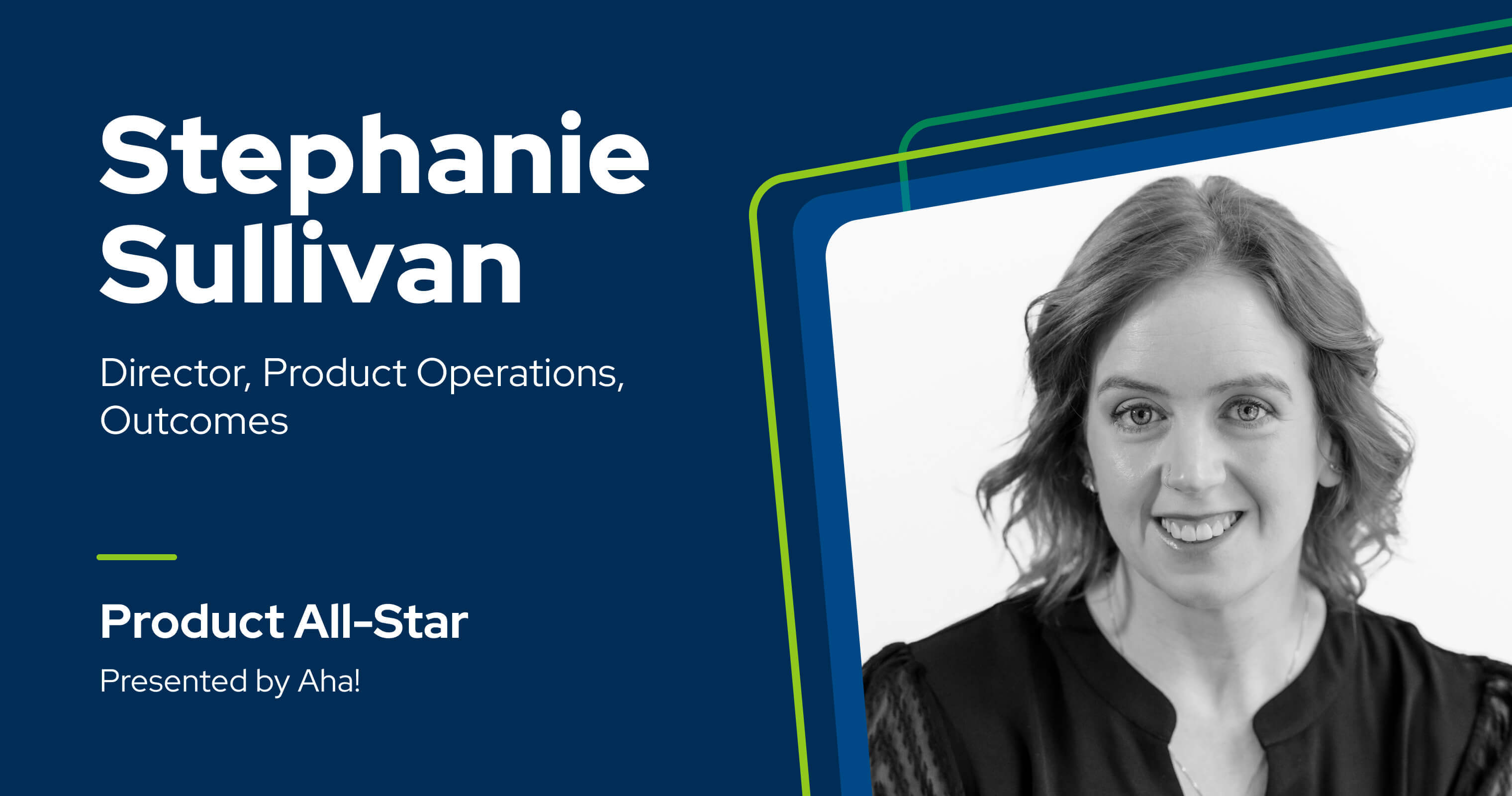







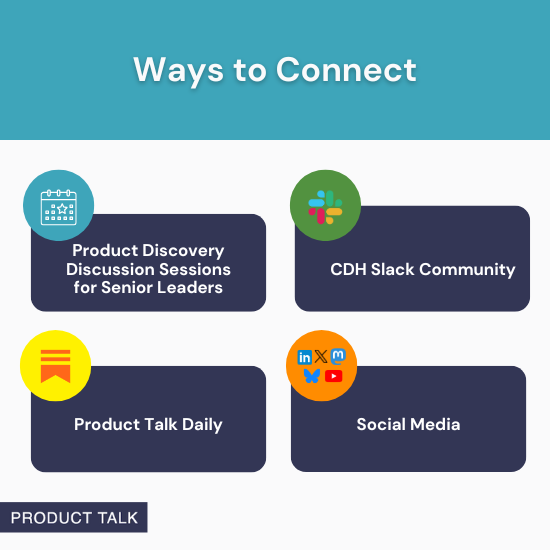
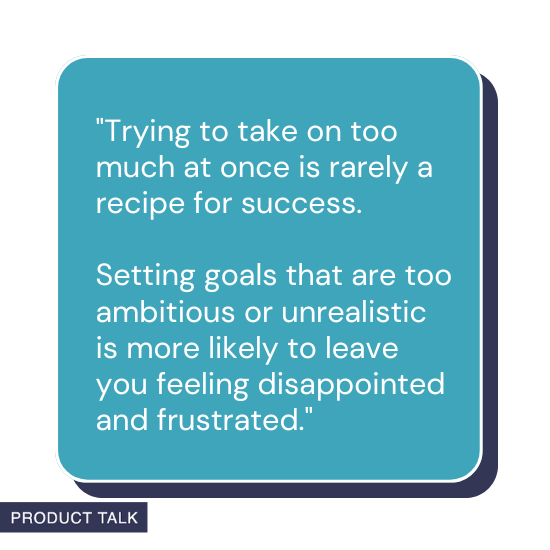

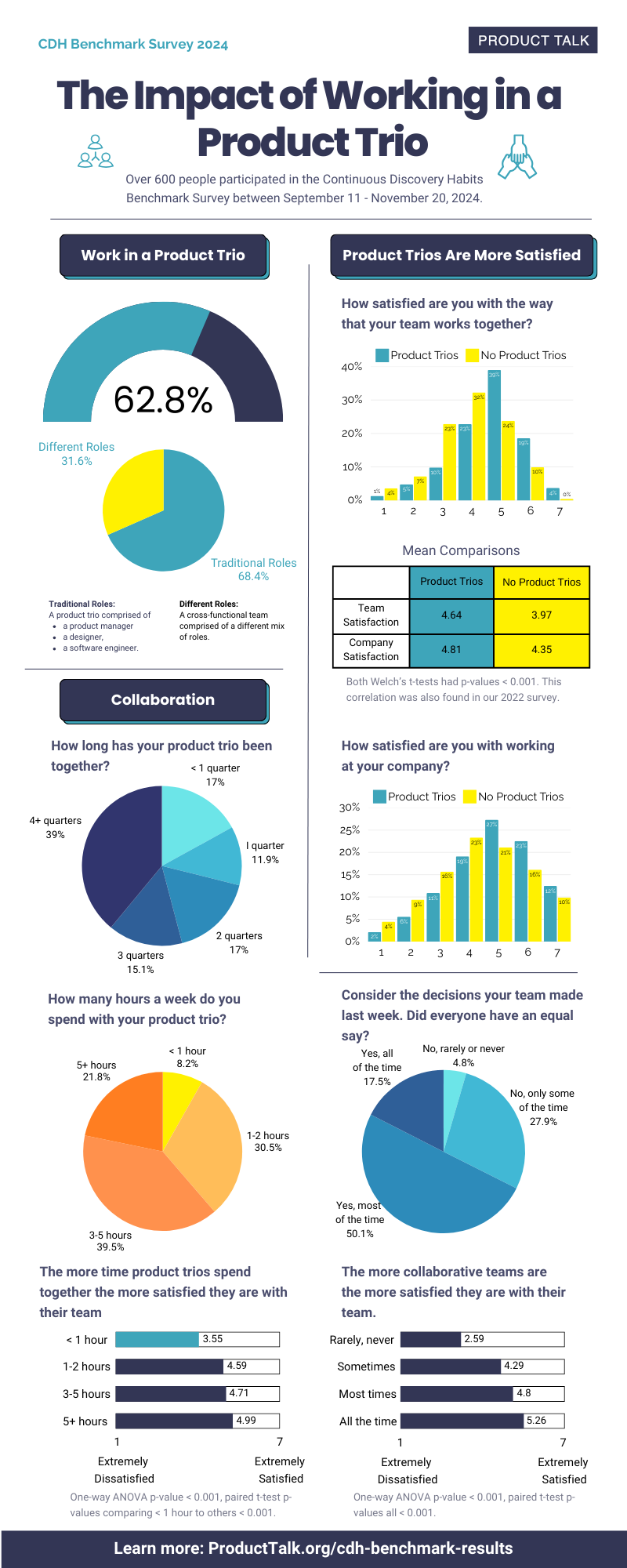











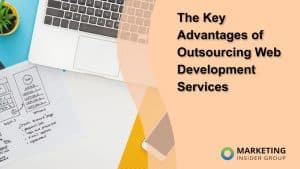



![Building A Digital PR Strategy: 10 Essential Steps for Beginners [With Examples]](https://buzzsumo.com/wp-content/uploads/2023/09/Building-A-Digital-PR-Strategy-10-Essential-Steps-for-Beginners-With-Examples-bblog-masthead.jpg)






